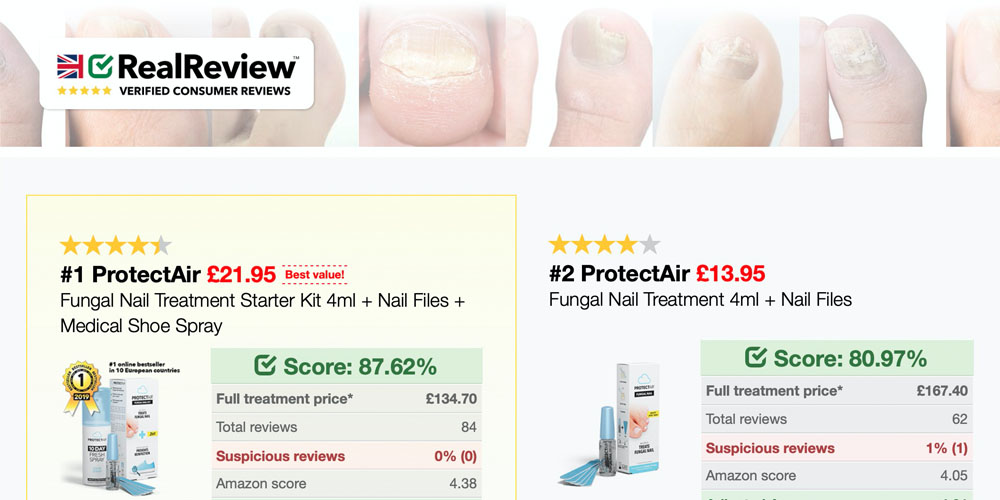Top Rated Fungal Nail Treatment

Introduction to Fungal Nail Infections

Fungal nail infections, also known as onychomycosis, are a common and often persistent problem that can affect both toenails and fingernails. It is caused by various types of fungi, including dermatophytes, yeasts, and molds, which invade and thrive in the warm, moist environment around the nails. These infections can lead to discolored, thickened, and brittle nails, causing discomfort and embarrassment for those affected.
Understanding the Causes and Symptoms

Causes

- Fungal Growth: Onychomycosis occurs when fungi infiltrate the nail bed, often through small cuts or separations between the nail and the skin.
- Moisture and Warmth: Fungi thrive in moist and warm conditions, making sweaty feet and hands an ideal breeding ground.
- Public Places: Walking barefoot in public areas like gyms, pools, and shower rooms can increase the risk of infection.
- Weakened Immune System: Individuals with compromised immune systems are more susceptible to fungal infections.
Symptoms

- Discoloration: Nails may turn yellow, brown, or white.
- Thickening: Infected nails become thicker and harder, making them difficult to trim.
- Brittleness: Nails become brittle and may crumble or break easily.
- Distorted Shape: The shape of the nail may change, becoming irregular or misshapen.
- Pain and Discomfort: In severe cases, fungal nail infections can cause pain and discomfort, especially when pressure is applied.
Top-Rated Treatments for Fungal Nail Infections

Over-the-Counter Options

- Antifungal Creams and Ointments: These products, available without a prescription, contain active ingredients like clotrimazole, miconazole, or terbinafine. They are applied directly to the affected nail and surrounding skin.
- Antifungal Nail Lacquers: Clear or tinted nail polishes infused with antifungal agents can be a convenient and discreet treatment option.
- Soaking Solutions: Over-the-counter products containing antifungal ingredients can be used for foot soaks, helping to soften and treat infected nails.
Prescription Medications

- Oral Antifungal Drugs: For severe or persistent infections, doctors may prescribe oral medications like terbinafine, itraconazole, or fluconazole. These medications work systemically to eliminate the fungus.
- Topical Medications: Prescription-strength antifungal creams, ointments, or nail paints may be recommended for mild to moderate cases.
Natural Remedies

- Tea Tree Oil: Known for its antifungal properties, tea tree oil can be applied directly to the affected nail or diluted with a carrier oil for safer application.
- Vick’s Vapor Rub: Containing camphor and menthol, this rub has shown some effectiveness in treating fungal nail infections when applied regularly.
- Apple Cider Vinegar: Diluted apple cider vinegar can be used as a foot soak or applied directly to the nails to create an acidic environment that discourages fungal growth.
Tips for Preventing Fungal Nail Infections

- Hygiene: Practice good foot and hand hygiene by washing regularly and drying thoroughly, especially between the toes.
- Keep Nails Trimmed: Trim nails straight across and avoid cutting them too short to prevent ingrown nails.
- Wear Breathable Shoes: Opt for shoes made of natural materials that allow air circulation, reducing moisture buildup.
- Avoid Barefoot in Public Places: Wear shower shoes or sandals in public areas to minimize the risk of infection.
- Regular Nail Care: Maintain a nail care routine that includes cleaning, filing, and moisturizing to keep nails healthy.
Conclusion

Fungal nail infections can be a challenging and persistent issue, but with the right treatment and preventive measures, they can be effectively managed. Over-the-counter products, prescription medications, and natural remedies offer a range of options to combat onychomycosis. Combining these treatments with good nail hygiene and care practices can help prevent future infections and promote healthy nail growth.
FAQ

How long does it take to see results from fungal nail treatments?

+
The duration of treatment varies depending on the severity of the infection and the chosen treatment method. Over-the-counter treatments may take several months, while prescription medications can show results within a few weeks.
Can fungal nail infections spread to other parts of the body?

+
While rare, it is possible for fungal infections to spread to other areas, especially if the immune system is compromised. It is crucial to treat the infection promptly to prevent further complications.
Are there any home remedies for fungal nail infections?

+
Natural remedies like tea tree oil, vinegar soaks, and essential oils can be effective for mild cases. However, severe infections may require medical treatment.


